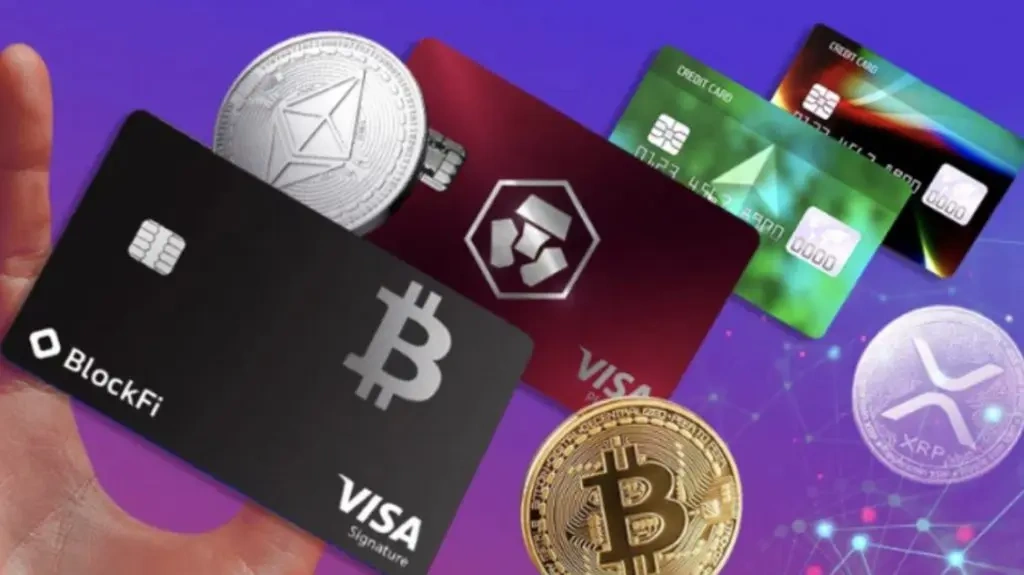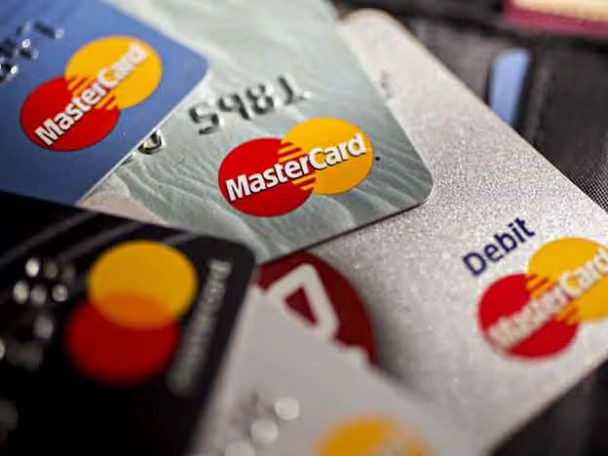Crypto card for everyday use: Let’s get real- cryptocurrency isn’t exactly known for being useful in your everyday life. Try walking into your local coffee shop and offering Bitcoin—unless you’re in a tech hub, you’ll probably get a blank stare. That’s where the crypto card struts in, promising to make your digital stash as spendable as cold, hard cash.
Sounds like progress, right? Sort of. It’s an exciting idea—a card that connects to your crypto wallet, converts it into fiat on the spot, and lets you pay like a regular person. But before you rush to throw your old debit card into the shredder, let’s break it down.
So… What Exactly Is a Crypto Card?


At its core, a crypto card is a plastic bridge between two financial worlds. It looks and works like a traditional debit or credit card, often issued by the likes of Visa or Mastercard. But instead of drawing from your bank account, it taps into your crypto holdings, converting them into fiat currency at the point of sale.
It’s clever—and honestly overdue. You swipe, and your crypto is auto-sold and spent. Some cards even give you cashback in crypto, or let you choose which coin to use for each transaction. Bitcoin, Ethereum, USDC—dealer’s choice.
That said, the card’s magic trick is all about conversion. Your crypto isn’t being accepted directly by the store; the card issuer is doing the behind-the-scenes swap to pay the merchant in dollars, euros, or whatever the local currency is. Think of it as crypto cosplay for traditional finance.
Crypto card for everyday use: Who Are These Cards Actually For?


Spoiler alert: not everyone. But there are definitely groups who stand to benefit:
- Crypto Enthusiasts: If you’re already in deep, this is the tool that finally makes your holdings feel usable. It’s no longer just an investment—it’s a currency.
- Frequent Flyers: Many crypto cards skip foreign transaction fees. That’s a blessing when you’re bouncing between borders.
- Gig Economy Folks: If you’re getting paid in crypto, this saves you from jumping through hoops to access your money.
- Tech-Savvy Early Adopters: Some people just love being ahead of the curve—and let’s face it, these cards are sleek, futuristic, and buzzworthy.
Of course, there’s a catch: KYC checks, residency limitations, and regulatory walls. Not every country plays nice with crypto cards. And you’ll need to hand over your ID and personal info to the issuer—not exactly the privacy dream crypto promised.
Crypto card for everyday use: Crypto Cards- The Sweet… and the Sour


Let’s not kid ourselves. Crypto cards aren’t magical keys to financial freedom. But they do offer some tasty perks:
The Good Stuff:
- No manual conversions. You just swipe.
- Rewards in crypto. Great if you’re stacking sats or building a bag.
- Usable anywhere. Thanks to Visa and Mastercard networks.
- Extra features. Some even offer staking or multiple currency support.
The Not-So-Great:
- Taxes, taxes, taxes. In most countries, every swipe could trigger a taxable event. Every coffee purchase becomes a mini spreadsheet nightmare.
- Volatility. Spend $10 worth of Bitcoin? That same coin might be worth $20—or $5—by the end of the day.
- Fees. ATM withdrawals, conversion charges, inactivity penalties—it adds up.
- Limited support. Especially in less developed areas or with smaller banks.
Gimmick or Game-Changer?
Here’s where I land: crypto cards are both revolutionary and a little messy.
They offer something we’ve been promised for over a decade—actual, real-world crypto use. That alone earns them a round of applause. But they also highlight the growing pains of this evolving industry. Taxes complicate everything. Volatility messes with value. And let’s not forget: using your crypto means spending your investments—not everyone’s ready for that.
Still, the fact that these cards exist—and are improving fast—is a big deal. They put power and choice back into users’ hands, and that’s what crypto was always supposed to be about.
Final Take: Should You Get One?
If you’re already living the crypto lifestyle, a card like this might be a no-brainer. It’s an empowering way to turn your assets into everyday currency—without jumping through exchange hoops.
But if you’re the kind of person who panics at the thought of tax reporting, or you’re still unsure whether you trust crypto beyond holding it? Maybe sit this one out for now.
Me? I like the idea of paying for my lunch with Ethereum, even if the system’s still a bit clunky. Because at the end of the day, this is what adoption looks like—imperfect, evolving, and kind of exciting.
And hey, if you’re going to spend crypto on something… it might as well be a latte that comes with a side of financial disruption.
Relevant news: HERE




